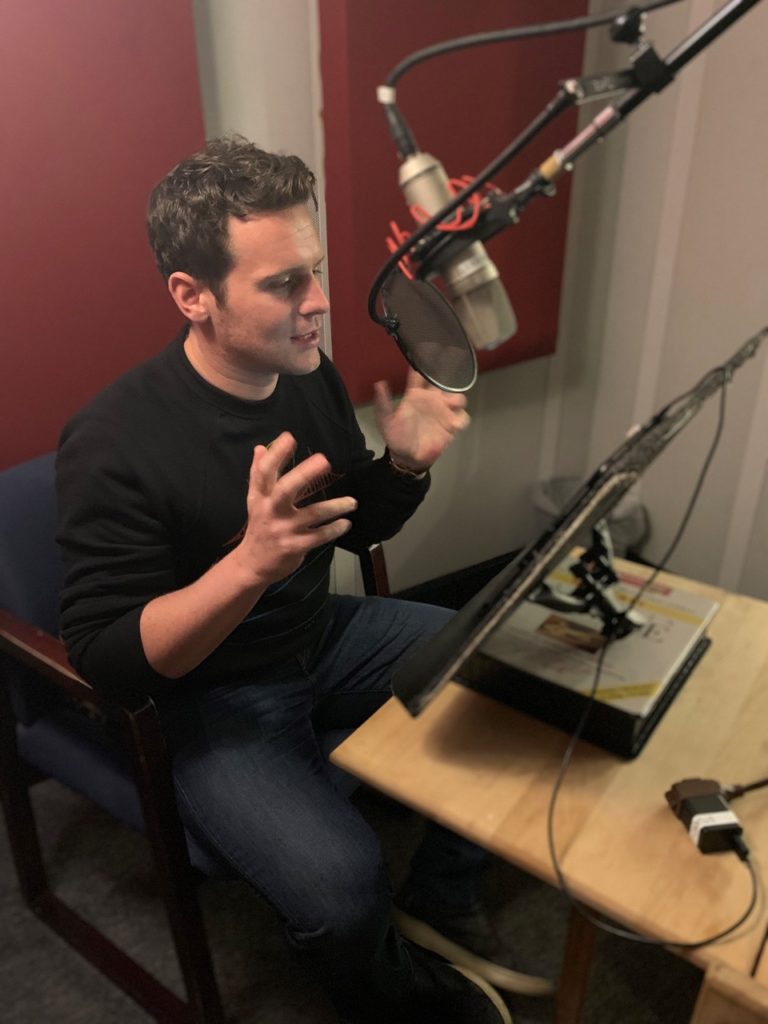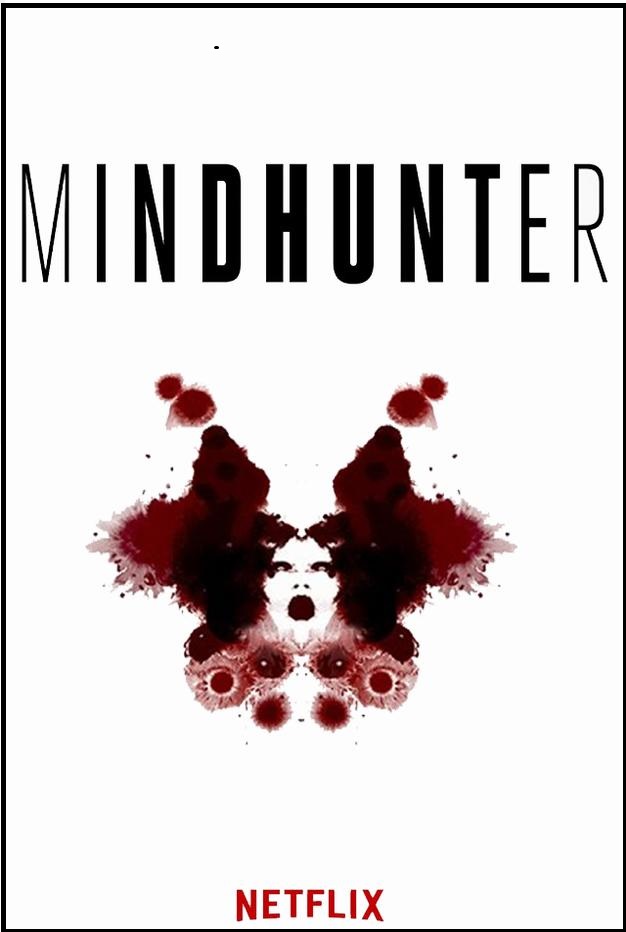As the military murder trial of Army Major Nidal Hasan moves toward its conclusion, the defendant’s defense attorneys want out. Actually, they are standby counsel, since Hasan has decided to act as his own lawyer, and they don’t think he is doing a very good job. In fact, they believe that Hassan’s admission in court that he is the shooter who killed 13 people and wounded 32 others almost three years before as an act of jihad is essentially inviting the death penalty and therefore tantamount to suicide.
To be party to such a strategy would be a violation of professional ethics, declared Lt. Col. Kris Poppe, the head of Hasan’s legal team.
The judge, Colonel Tara Osborn, refused to release them from the trial. She made the right decision.
It is an article of faith, law and practice in the United States that every defendant is entitled to a vigorous defense. If he decides not to employ it, that is his option. The evidence against Major Hasan, up until his crime an army psychiatrist, is overwhelming, and why shouldn’t he be permitted to acknowledge it? If he wants to legally “commit suicide,” let him. He made a free choice to try to kill as many soldiers bound for Afghanistan as he could. Not letting him make a free choice about how and if he defends himself seems downright silly.
Everyone charged in this country is entitled to a fair trial. They are not entitled to a perfect trial. Hasan has been fully informed of his rights and the consequences, so there is no reasonable question of his appealing on the grounds of inadequate counsel. The courts, civilian and military, take a dim view of using your own choice as grounds for a mistrial. It is considered akin to the old cliche of claiming hardship as an orphan after murdering your parents.
In 1977, Gary Gilmore made a mockery of the Utah justice system by simply refusing to appeal his death sentence for two murders. While he maintained his peace and dignity, a multitude of lawyers went into a tizzy trying to halt what turned out to be the first execution in the United States after the Supreme Court lifted its judicial ban.
Major Hasan understands mental illness, he understands the military justice system, and he understands his own motive. If he wants to try to prove his innocence and wants help in doing so, fine, let him try. If he wants to acknowledge his guilt, fine too; it’s his choice.
Either way, justice is best served by just getting on with it.




























Hasan, 42, was convicted last week on 13 counts of premeditated murder and 32 charges of attempted premeditated murder. He appeared expressionless upon hearing the verdict, which came less than two hours of deliberations.
The death sentence required a unanimous verdict by the jury of 13 military officers.
http://www.usatoday.com/story/news/2013/08/28/military-jury-sentences-fort-hood-killer-hasan/2712803/
It just scares the s**t out of me that this guy was promoted up through the ranks and that no red flag was enough to merit investigation. Is the military too insulated? Too afraid to report? I guess I’m old-fashioned in a WWII way, but seems to me some background should have been done as he entered the military since he likely has relatives in countries we have conflict and retains the religion of that region. I realize a lot of people would disagree with me, but, you know, before we put people’s lives in his hands and the security of a nation. I just think if we don’t have security and intelligence to keep an eye on things like this, then what ARE we using it for?
I hate to be the party pooper here. I agree with just about everything you’re saying. But put yourself into the minds of the defense attorneys for a moment. They feel they have a professional duty that they are incapable of performing given the circumstances.
I personally believe they should be allowed to leave,
Actually, Tom, I don’t take issue with what you say, and if the attorneys feel uncomfortable, I don’t think their presence is going to affect the outcome one way or the other. My main point is that the system has offered him defense counsel, and if he doesn’t want it, we should not have to presume he is incompetent or mentally ill. It is all about choices, and he has made his. From this point on, it’s about evidence and truth. Thanks.
Mr. Douglas he deserves the death penalty his competency as a lawyer is not really important. Look at Bundy he did terrible job and justice was served. Justice is about rules, exactness not excuses for actions. At least he knows there is a God and does not deny his guilt. That would be a first, it seems he has some spark of justice in his soul, not like most of this country. Gary Ridgway for example, and his day is near also. This is an ideal trial.
I basically agree with you, too. I don’t know that I would call this an ideal trial, but it is certainly a fair trial by any reasonable standard.